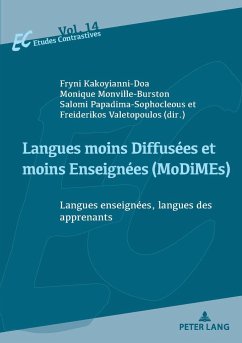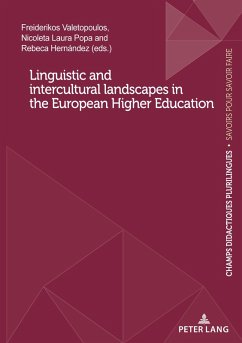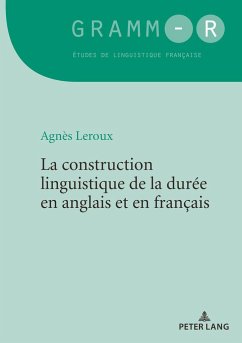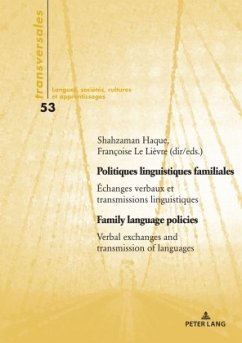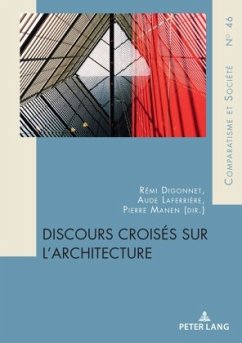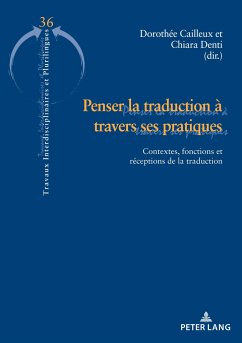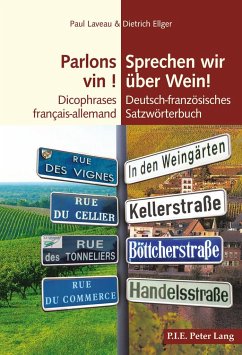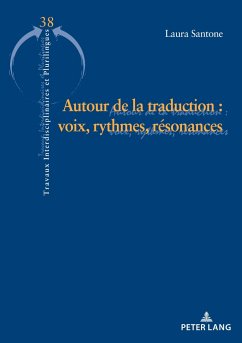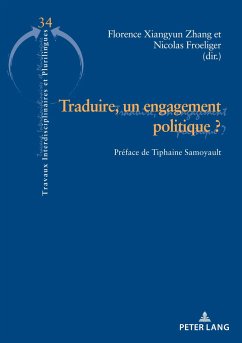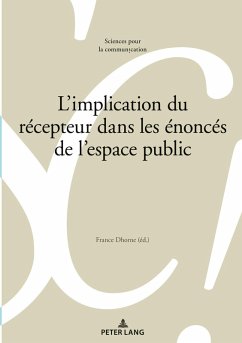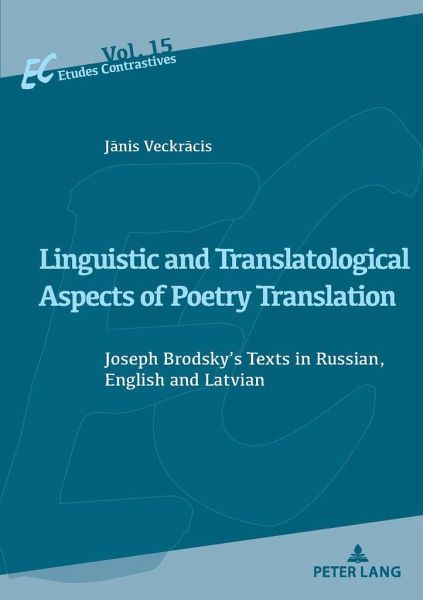
Linguistic and Translatological Aspects of Poetry Translation
Joseph Brodsky's Texts in Russian, English and Latvian
Versandkostenfrei!
Versandfertig in 6-10 Tagen
69,55 €
inkl. MwSt.
Weitere Ausgaben:

PAYBACK Punkte
0 °P sammeln!
This essentially academic book and its author are daring companions of poetry translators in their dance on a rope while searching for the best solutions and shifting boundaries between the possible and impossible, and the insights have at least three main directions: first, the artistic and aesthetic nature of the activity; second, those specific skills which are necessary to complete the task; and third, the pre-requisites of failure or acclaim.The artistic and complex nature of both poetry and its translation suggests the necessity of specific inclusive approaches though, whatever the techn...
This essentially academic book and its author are daring companions of poetry translators in their dance on a rope while searching for the best solutions and shifting boundaries between the possible and impossible, and the insights have at least three main directions: first, the artistic and aesthetic nature of the activity; second, those specific skills which are necessary to complete the task; and third, the pre-requisites of failure or acclaim.
The artistic and complex nature of both poetry and its translation suggests the necessity of specific inclusive approaches though, whatever the technique, there always remain some blurred, inaccessible zones of inexplicable elements. The book aims at studying the linguistic aspects of poetry translation theories and practice in order to define the main theoretical principles of an integrated approach to poetry translation.
Practical insights are based on an analysis of the translation of Joseph Brodsky's poems into English and Latvian. While under way, we experience all the cause-effect aspects of poetic texts representing author's intention both to express and to hide, to intensify/highlight and to disguise. At times, we really feel - similarly to poetry translators themselves - like investigators either in the complex networks of theoretical insights or in even more risky endeavours to discuss and outline the practical aspects of poetry translation. A balance of theoretical and practical aspects is one of the main features and main benefits of the study. A detailed analysis of Brodsky's poetic and philosophical heritage is another contribution. A unique opportunity for the international audience to gain insights into the Western/Russian/Latvian approaches to poetry translation theories and practices by also observing their mutual impacts and interaction, provides more added value.
The artistic and complex nature of both poetry and its translation suggests the necessity of specific inclusive approaches though, whatever the technique, there always remain some blurred, inaccessible zones of inexplicable elements. The book aims at studying the linguistic aspects of poetry translation theories and practice in order to define the main theoretical principles of an integrated approach to poetry translation.
Practical insights are based on an analysis of the translation of Joseph Brodsky's poems into English and Latvian. While under way, we experience all the cause-effect aspects of poetic texts representing author's intention both to express and to hide, to intensify/highlight and to disguise. At times, we really feel - similarly to poetry translators themselves - like investigators either in the complex networks of theoretical insights or in even more risky endeavours to discuss and outline the practical aspects of poetry translation. A balance of theoretical and practical aspects is one of the main features and main benefits of the study. A detailed analysis of Brodsky's poetic and philosophical heritage is another contribution. A unique opportunity for the international audience to gain insights into the Western/Russian/Latvian approaches to poetry translation theories and practices by also observing their mutual impacts and interaction, provides more added value.




